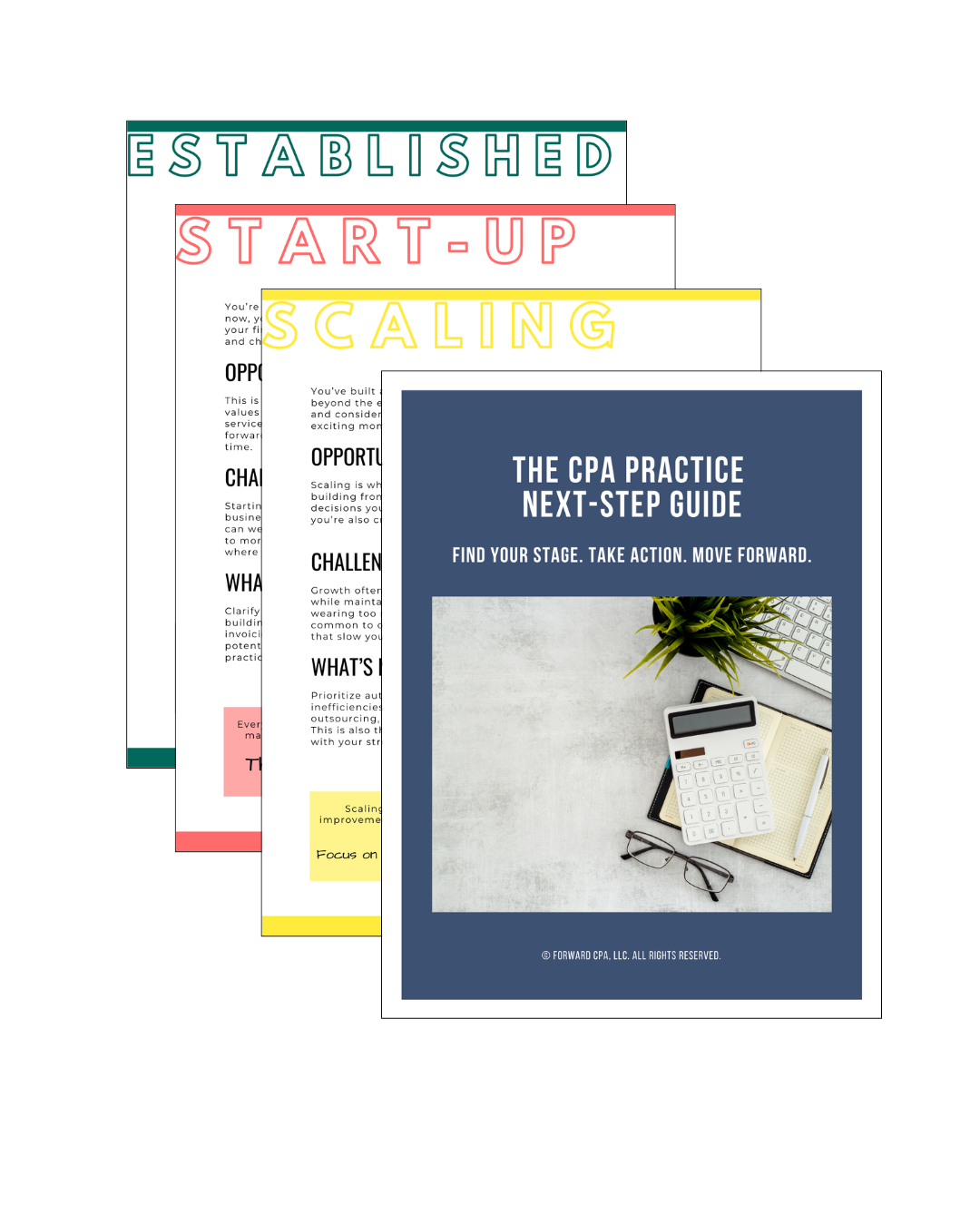5 Signs Your Audit Prep Process is Hurting Next Year's Audit
Aug 15, 2025
Most audit prep focuses on one thing: getting through this year’s audit.
You meet the deadline. You respond to the questions. You send over the documents. You breathe a sigh of relief when it’s over.
But then next year rolls around…
And you can’t remember where you saved anything.
Or why that entry was made.
Or what that note meant.
If that sounds familiar, your current prep process might be hurting your future audit more than you realize.
Here are five signs your audit prep process is causing problems for next year’s audit—and how to fix them now.
1. You Don’t Have a Clear, Organized Audit Folder Structure
If your audit documents are scattered across personal drives, email threads, or unlabeled folders, your future self (or your replacement) is going to struggle.
A messy structure leads to:
-
Wasted time searching for files
-
Missing documentation
-
Recreating work you already did
✅ Fix It:
-
Create a consistent folder structure by audit area (cash, payroll, capital assets, etc.)
-
Label documents clearly (e.g., “FY24_Bank_Reconciliation_June”)
-
Save everything in a shared location, not your desktop
2. You’re Not Documenting Year-End Entries or Decisions
Did you reverse a prior-year entry? Adjust a grant accrual? Reclassify a fund balance? If it’s not documented, you’ll forget why you did it—and so will your auditor.
✅ Fix It:
-
Keep a running “audit notes” file during audit season
-
Include explanations for journal entries, policy changes, and unusual activity
-
Save backup for every entry that isn’t routine
A two-sentence explanation now can save hours of confusion later.
3. You Wait Until Audit Season to Organize Support
If audit prep starts when the PBC list arrives, you're already behind. Pulling documentation months after the fact increases the risk of:
-
Incomplete reports
-
Forgotten transactions
-
Delays in responding to requests
✅ Fix It:
-
Build audit support into your monthly close
-
Save reconciliations, reports, and schedules throughout the year
-
Use a checklist to track what’s done and what’s missing
Audit prep isn’t an event—it’s a year-long habit.
4. Only One Person Knows Where Everything Is
If your audit prep depends on a single person’s memory, you’re one vacation, retirement, or promotion away from chaos.
✅ Fix It:
-
Cross-train your team on how and where audit prep is handled
-
Create a shared index of reports and folders
-
Keep a “how-to” guide with steps for running key reports or updating schedules
Knowledge should live in your system—not just in someone’s head.
5. You’re Not Capturing Lessons Learned After the Audit Ends
When audit season ends, most people are ready to move on—but that’s when the best insights show up.
If you’re not capturing what went wrong (or what went well), you’re likely to repeat the same mistakes next year.
✅ Fix It:
-
Hold a short post-audit debrief with your team
-
Document: What caused delays? What was confusing? What needs to be added to next year’s checklist?
-
Set a reminder to review those notes next audit season
Small improvements now lead to smoother audits later.
A Better Audit Starts Before the Next One Begins
You don’t need a total overhaul to improve next year’s audit—you just need to stop treating audit prep like a once-a-year fire drill.
Build the habits now that protect your time, your team, and your records later:
✅ Organize as you go
✅ Document key actions
✅ Share the process
✅ Learn from each season
Next year’s audit can be faster, easier, and less stressful.
But only if you plan for it—this year.
Your Next Step Forward
Join the newsletter designed to help CPAs take the next best step in building a practice they love, with practical insights, game-changing tools, and quick wins in every email.
We hate SPAM. We will never sell your information, for any reason.




